Renting out your dump trailer can be a lucrative endeavor, but understanding the ins and outs of the process is crucial for success. Whether you’re looking to generate extra income or simply want to explore the possibilities of your investment, this guide aims to provide you with all the information you need to effectively rent out your dump trailer. Let’s dive in.
Understanding the Demand for Dump Trailers
Why Rent a Dump Trailer?
Dump trailers are versatile tools used across various industries and for personal projects. Here are some common reasons individuals or businesses may require a dump trailer:
- Construction Projects: Contractors often need dump trailers to transport aggregate materials, debris, and tools, making them integral to construction sites.
- Landscaping Services: Landscaping companies utilize dump trailers to carry soil, mulch, rocks, and plants, streamlining their operations.
- Residential Use: Homeowners may rent dump trailers for landscaping projects, home renovations, or moving large items, such as furniture or appliances.
- Event Planning and Cleanup: Organizers require dump trailers to manage waste and debris during events or festivals.
Understanding these needs can guide your marketing strategies and help you reach potential renters more effectively.
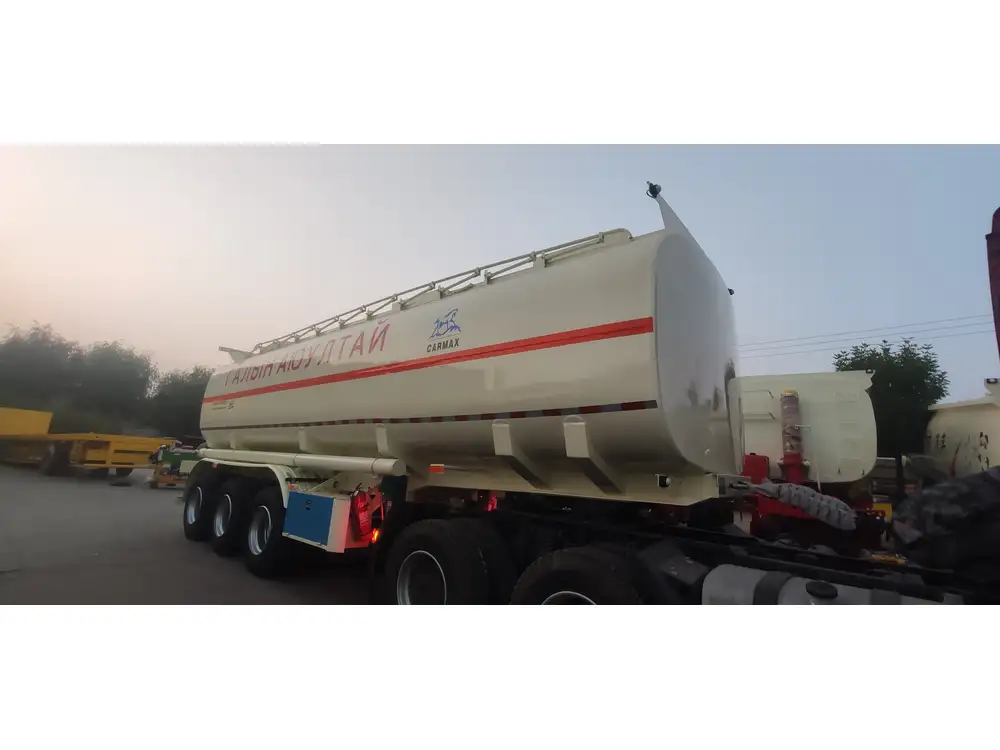
Initial Considerations Before Renting
Assess Your Dump Trailer
Before you rent your dump trailer, it’s essential to evaluate its condition and suitability for rentals:
- Maintenance Checks: Regular maintenance, like checking brakes, tires, and lights, assures renters of safe operation.
- Age and Capacity: Consider the age of your trailer and its weight capacity. Newer, larger capacity models may appeal more to renters.
- Accessories and Features: Trailers with additional features (such as ramps, tarps, and durable materials) can be more appealing to potential clients.
Know Your Legal Obligations
Ensure you are aware of the legal requirements in your region:
- Rental Agreements: Draft clear and detailed rental agreements that outline responsibilities, fees, and liabilities.
- Insurance: Verify that your insurance covers damage while the trailer is rented out. You may need additional coverage, depending on your policy.
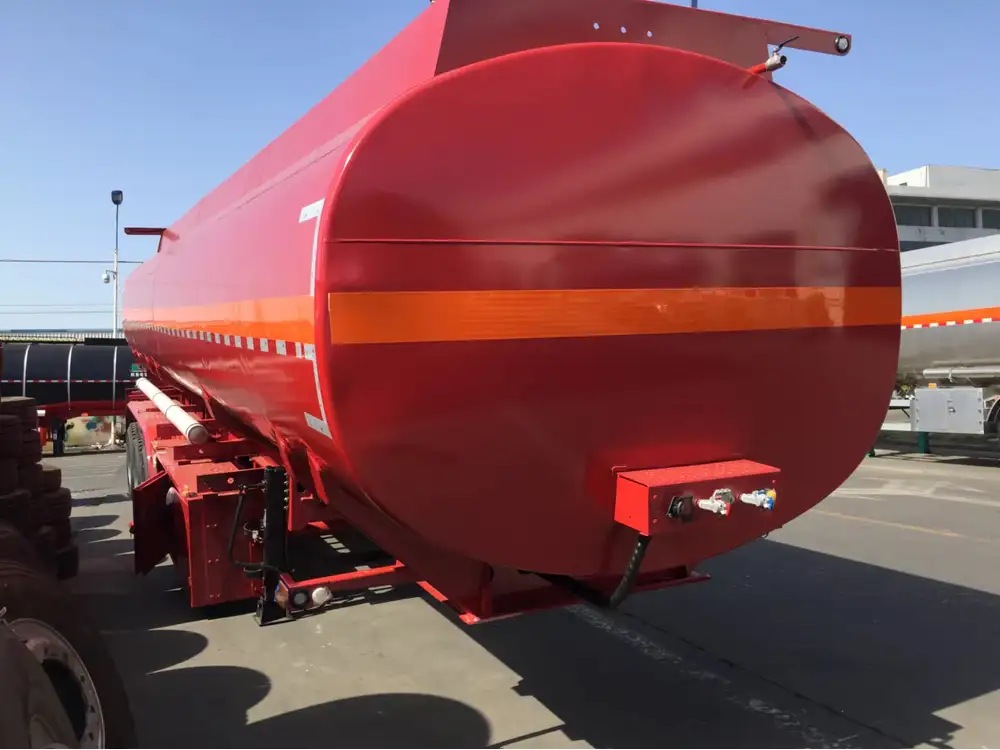
Setting Up Your Rental Process
Determine Rental Pricing
Establishing a competitive yet profitable pricing structure is crucial. Research local market rates to find a suitable price range. Here’s a comparative table to help frame your pricing strategy:
| Trailer Size (in Tons) | Average Daily Rate | Weekly Rate | Monthly Rate |
|---|---|---|---|
| 3 – 5 tons | $80 – $100 | $450 – $600 | $1,200 – $1,800 |
| 6 – 10 tons | $100 – $150 | $500 – $700 | $1,500 – $2,000 |
| 11+ tons | $150 – $200 | $700 – $1,000 | $2,000 – $3,000 |
Create a Rental Agreement
A solid rental agreement protects both parties. Include the following components:
- Rental Duration: Specify the start and end dates.
- Payment Terms: Detail payment methods and timelines.
- Liabilities: Clarify who is responsible for damages or accidents.
- Usage Guidelines: Establish appropriate uses for the trailer.

Establish Pickup and Return Procedures
Plan a streamlined process for renters to pick up and return trailers, considering:
- Location: Choose a central location that is easily accessible.
- Safety Protocols: Implement procedures to ensure safety during pickup and return, including training renters on equipment use.
Marketing Your Dump Trailer Rental
Online Presence
Creating an online presence is essential for reaching potential customers. Consider the following strategies:
- Website Development: Build a user-friendly website showcasing your dump trailer, its features, and rental details.
- SEO Optimization: Implement SEO best practices using keywords like “how to rent my dump trailer” and variations throughout your content.

Utilize Social Media
Leverage social media platforms to promote your offerings:
- Engaging Content: Post before-and-after photos of projects using your trailer, customer testimonials, or DIY tips.
- Local Groups: Join local community groups where potential renters may seek suggestions.
Consider Paid Advertising
Invest in targeted ads to reach a broader audience. Prioritize platforms like Google Ads and Facebook Ads tailored to specific demographics interested in trailer rentals.
Handling Inquiries and Bookings
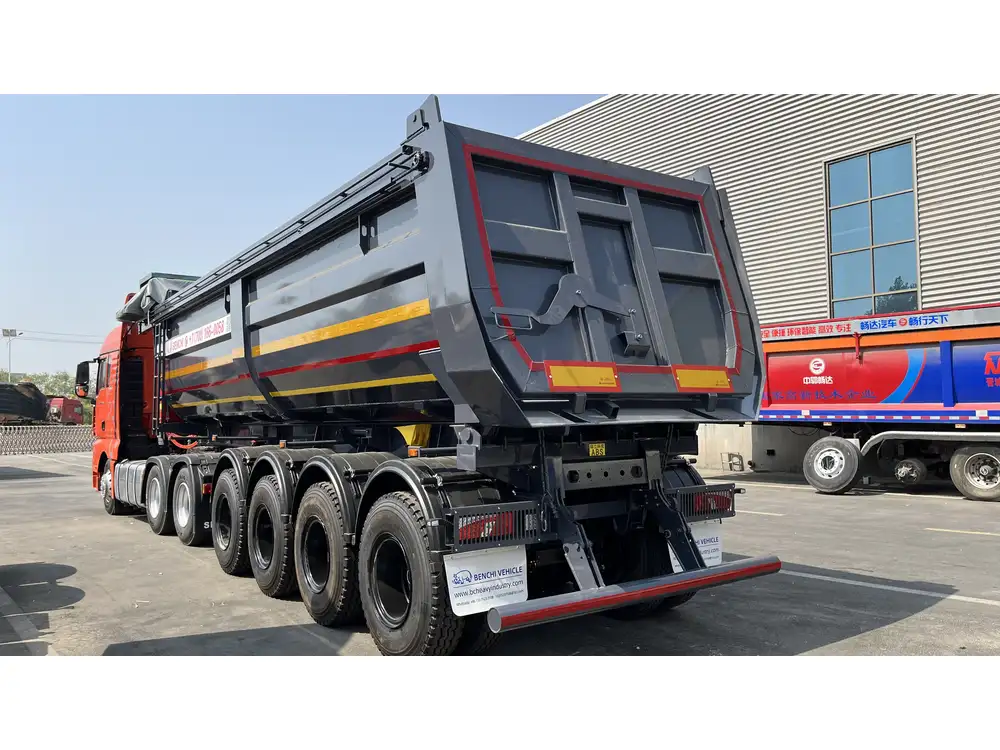
Responding to Potential Renters
Be prompt and informative when responding to inquiries. Here are tips to handle questions:
- Frequently Asked Questions (FAQs): Create an FAQ section on your website addressing common concerns (e.g., age restrictions, deposit requirements, etc.).
- Personal Interaction: Personalize your responses to inquiries to build rapport and trust.
Booking System
Implement a user-friendly online booking system:
- Availability Calendar: Display availability of your dump trailer in real time.
- Secure Payment Setup: Facilitate secure online payments to encourage bookings.
Preparing for Rentals
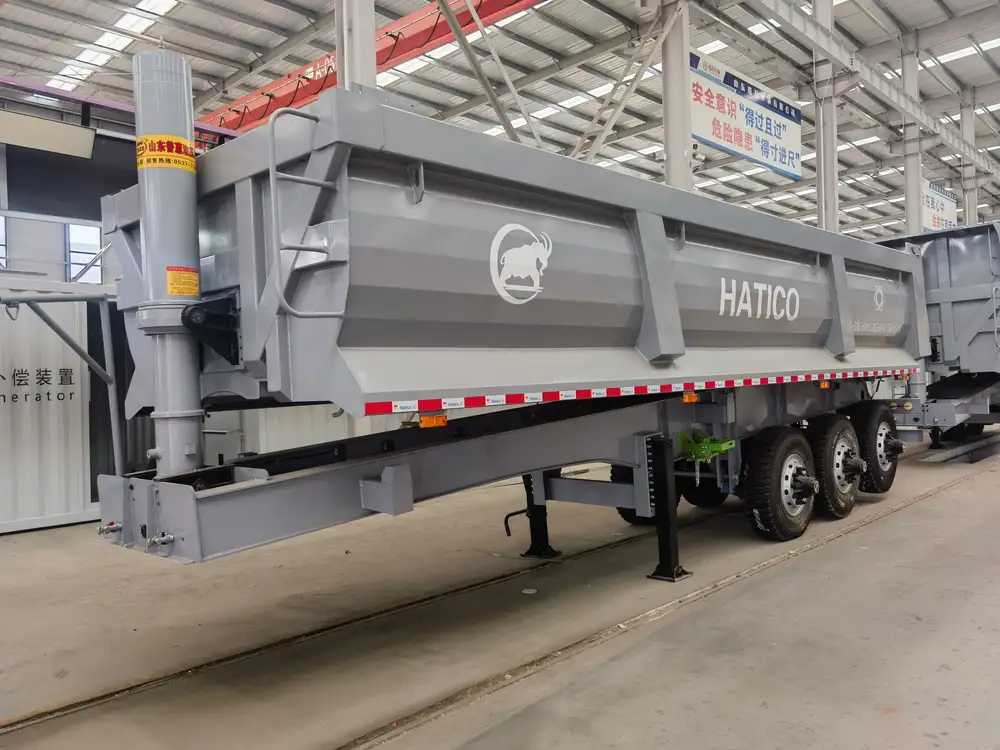
Inspecting the Trailer
Before each rental, conduct a thorough inspection:
- Mechanical Condition: Ensure all components are operational.
- Cleanliness: Clean out any debris or leftover materials to provide the best experience for renters.
Providing Instructions
Clearly explain how to operate and load the trailer, ensuring renters understand:
- Weight Limits: Inform them of the maximum load capacity.
- Safe Loading Practices: Advise on stabilizing loads and distributing weight evenly.
During the Rental Period

Maintain Communication
Stay in touch with renters:
- Emergency Contact: Provide a contact number for emergencies or questions.
- Check-in: Follow up mid-rental to address any concerns.
Monitor Usage (If Possible)
If feasible, monitor the trailer’s usage to ensure it is operated safely. This can minimize the risk of damages and keep renters accountable.
After the Rental: Ensuring a Smooth Return

Post-Rental Inspection
Conduct a thorough inspection post-return:
- Damage Assessment: Document any damages with photos as well as notes in the rental agreement.
- Cleaning: Clean the trailer for the next renter.
Collecting Feedback
Encourage renters to provide feedback through surveys or review platforms. Use this data to enhance your services and address any recurring issues.
Ensuring Long-Term Success
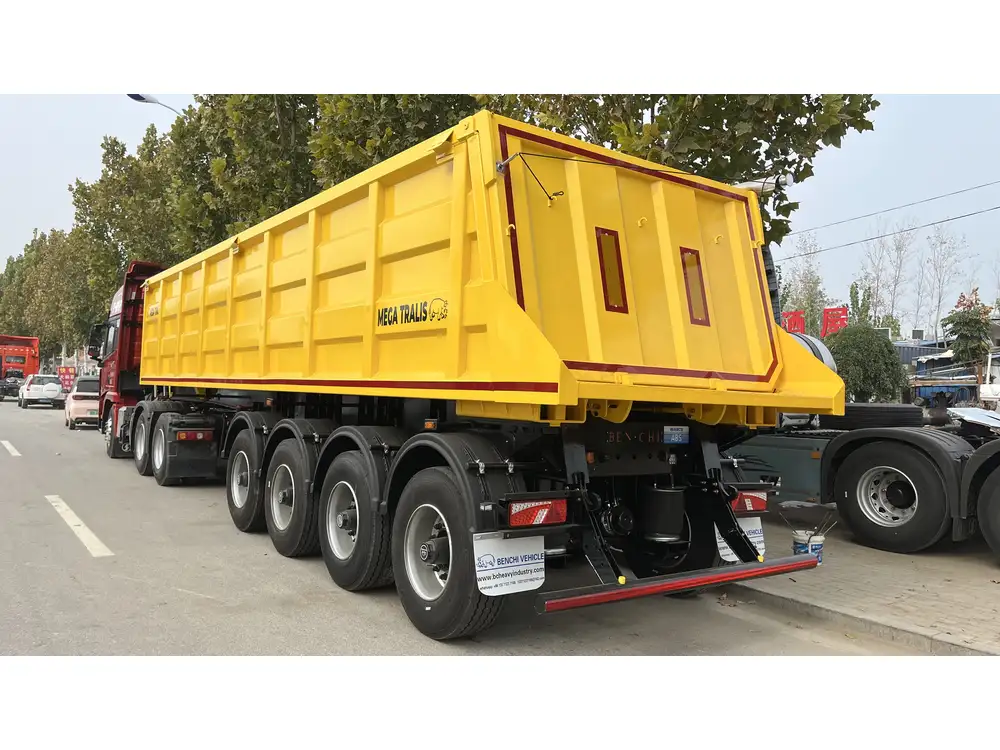
Building Customer Relationships
Developing good rapport with renters can encourage repeat business:
- Discounts for Returning Customers: Consider offering loyalty discounts to attract repeat clients.
- Referral Incentives: Provide incentives for customers who refer friends or family.
Continuous Improvement
Stay adaptable by seeking opportunities for improvement:
- Market Trends: Keep an eye on market trends and adjust offerings based on demand.
- Expanding Fleet: As your rental business grows, consider expanding your fleet with different types of trailers to cater to a broader audience.
Conclusion
Renting out a dump trailer can be an excellent way to generate income, provided you approach it thoughtfully and strategically. By understanding the needs of renters, establishing a solid rental process, and fostering positive relationships, you can successfully navigate the dump trailer rental landscape. Equip yourself with this knowledge, and you’re well on your way to maximizing your trailer’s earning potential.



